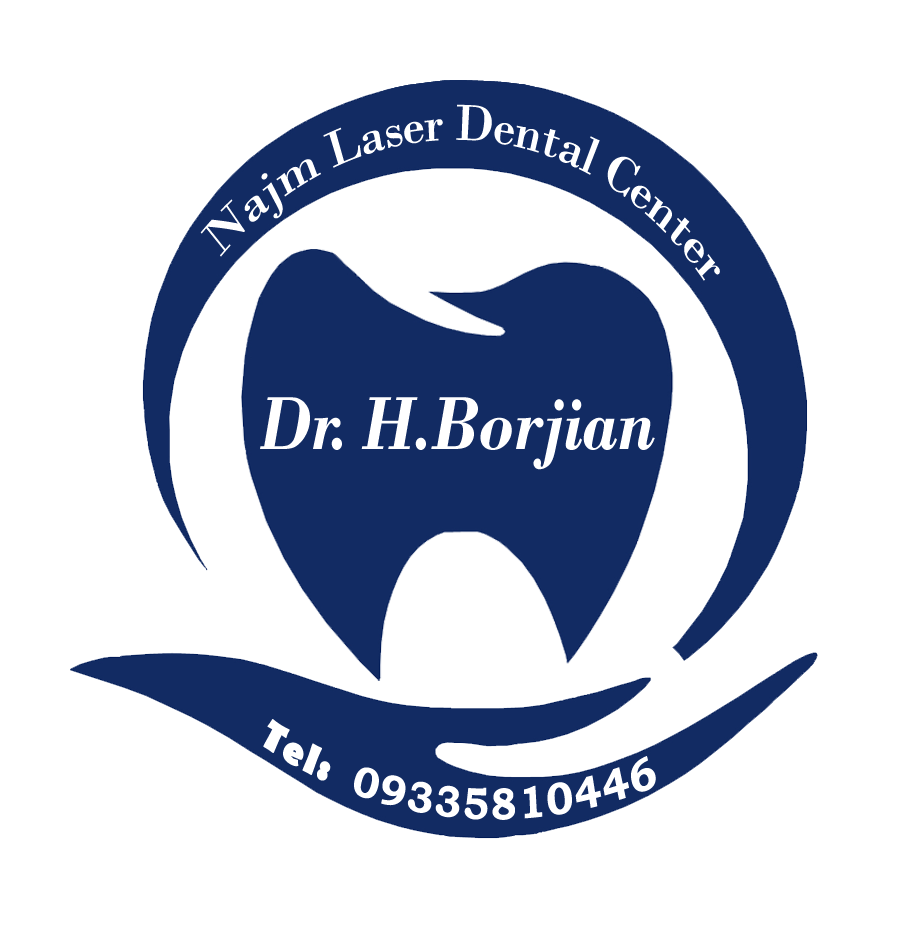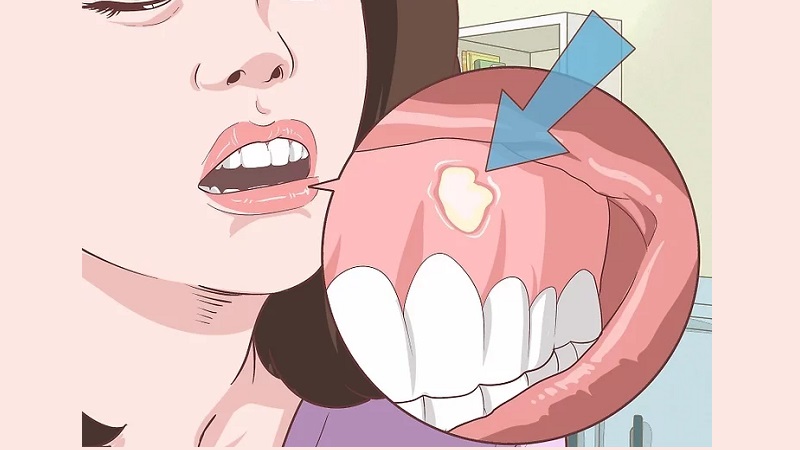What are the ways to prevent and treat gum pain?
Gum disease is a condition characterized by painful gums that may or may not be swollen or bleeding.. Gum pain is often associated with toothache. Gum pain may make it difficult to brush your teeth, eat certain foods, or even speak. In many cases, gum pain is a temporary, isolated condition that can resolve on its own. However, it may indicate the presence of underlying diseases. In the continuation of the article published today on Dr. Hossein Borjian's website The best dentist in Isfahan It has been compiled for you dear ones. We will study and examine the prevention and treatment of gum pain.
The reasons for your tooth and gum pain may vary, but one thing is for sure, it can be really annoying and debilitating.. Whether it's because you've been brushing your teeth too hard or you have a more serious underlying condition, gum pain relief is a priority when it occurs.. Diagnosing the cause of the pain can help you get the most out of home remedies for gum pain and help you decide whether you need to see a dentist..
Symptoms associated with gum pain
An incorrect brushing technique or ill-fitting dentures may lead to gum pain that is not usually accompanied by other symptoms. However, if you experience gum pain along with one or more of the following symptoms, you may need to be more cautious.:
- Bad Breath
- Gum recession
- Swollen gums
- Bleeding from the gums
- Sensitivity and its increase
- Painful mouth ulcers
- A purplish red or bright red color in the gums
A good trick to find out how to treat your sore gums is to pay attention to these symptoms that can tell you what is causing your sore gums..
Suggested content : Ways to treat all types of gum acne
Factors causing gum pain
Canker sores
Mouth ulcers are open sores that look like red spots with or without a white coating. They can develop anywhere in the mouth, including the gums. This is usually not a serious condition and they usually go away on their own.
swelling of the gum
Gingivitis is a common gum disease that has characteristic symptoms such as swelling and bleeding in the gums, which may gradually become painful.. Improper dental hygiene as the main factor swelling of the gum Known. Untreated or uncontrolled gingivitis can give way to periodontitis, which involves painful, swollen gums that pull away from the sides of the teeth and recede.. Periodontitis can also lead to infections and more serious health conditions, so it requires professional medical attention..
Hormonal changes
Fluctuating ovarian hormones may cause your gums to become swollen, tender, and painful due to increased blood flow.. Hormonal changes may also increase the risk of gingivitis. Puberty, pregnancy, menstruation, menopause, and starting oral contraceptives may cause hormonal changes that lead to gum pain..
tooth abscess
Sometimes a pocket of pus or an abscess may develop due to an infection at the root of the tooth. These abscesses may lead to swelling and pain in the gums. A tooth abscess usually needs to be treated using a root canal.
tobacco
Smoking or chewing tobacco regularly may lead to mouth ulcers. These sores may be located on the gums and cause pain. Smokers and tobacco users are also at high risk of gum disease or oral cancer.
Paint cancer
A sore in the mouth that does not seem to heal may be a sign of oral cancer. Oral cancer may present as painful or painless sores on the tongue, inner cheeks, gums, or tonsils.. While in rare cases sore gums may require medical attention, most of the time you can use home gum treatments to provide relief..

Prevention of gum pain
You can certainly prevent the possibility of gum pain by using certain things, such as::
- Avoid chewing tobacco and smoking.
- Use a toothbrush with soft bristles.
- Rinse your mouth after eating or drinking anything.
- Brush your teeth twice a day with the correct method.
- Maintain the hygiene of your dental appliances and cover them properly.
- Add probiotics like yogurt or kefir and foods with anti-inflammatory properties like ginger and turmeric to your diet..
Natural remedies for gum pain
Rinse your mouth with salt water.
Warm salt water rinses are traditionally used to promote oral health. Modern research has shown that rinsing the mouth with salt water can help speed up the healing of mouth ulcers. What you need to do in this regard is explained in the following steps:
- Heat a cup of water. You do not need to boil it.
- Pour water into a glass.
- Add a teaspoon of salt to the water and stir until dissolved.
- Take one bite at a time and swish the salt water around to keep it warm in your mouth.
- Pour out the water and repeat with the remaining water in the glass.
- Do this twice a day until you feel the pain go away and the swelling subsides.
Use over-the-counter medications.
If you want immediate pain relief, you can choose medicated oral gels that contain natural or synthetic ingredients that can help numb your gum pain.. Some of the commonly used brands are: Anbesol و Orajel. You can also get immediate relief from painkillers and Non-steroidal anti-inflammatory drugs Take aspirin, ibuprofen, or acetaminophen. It should be noted that frequent or long-term use of these drugs may have adverse side effects. If you think that your gum pain is not going away, consult your dentist.
Dr. Hossein Borjian's Instagram page The best dentist in Isfahan
Use a hot or cold compress.
You may be able to treat lower or upper gum pain using a cold compress. Lowering the temperature can help with inflammation and block the sensation of pain. The use of cold compresses to treat pain has been common since ancient times and is often recommended by dentists after major oral surgeries.. Follow the steps below to use a hot or cold compress:
- Take an ice pack and wrap it in a clean cloth.
- Hold it against your face and against your sore gums.
- Do this two or three times a day until the pain goes away.
Time to visit the dentist
If you see any of the following, you should see a dentist:
- Pain that is severe.
- Loose teeth around the gums
- Difficulty sleeping or feeding
- Fever accompanied by gum pain.
- A pain that doesn't seem to go away.
- Swelling that seems to be getting worse.
- A sore on the gum that does not heal within two weeks.
Gum pain can disrupt your daily activities and require a visit to the dentist. You can get rid of this problem by taking some simple steps that can reduce the chances of sore gums.
Ways of communication with the specialized dental center of Najm
Attention :
- The scientific accuracy of the above published material should be confirmed by the patient's personal consultation with Dr. Borjian.
- This article is managed and published by the site admin.



